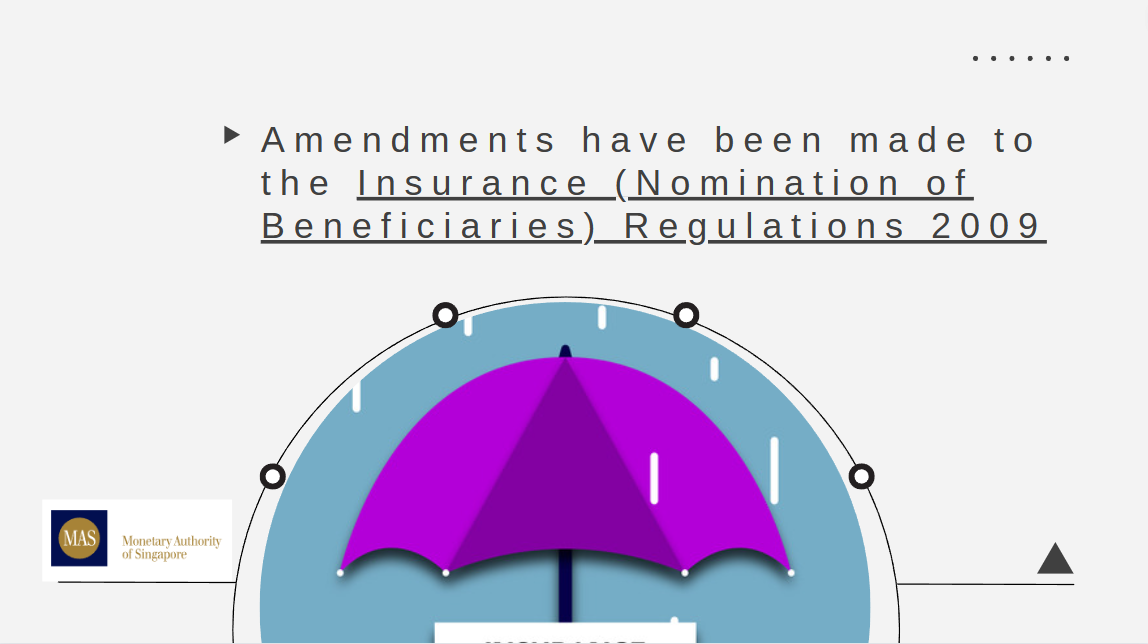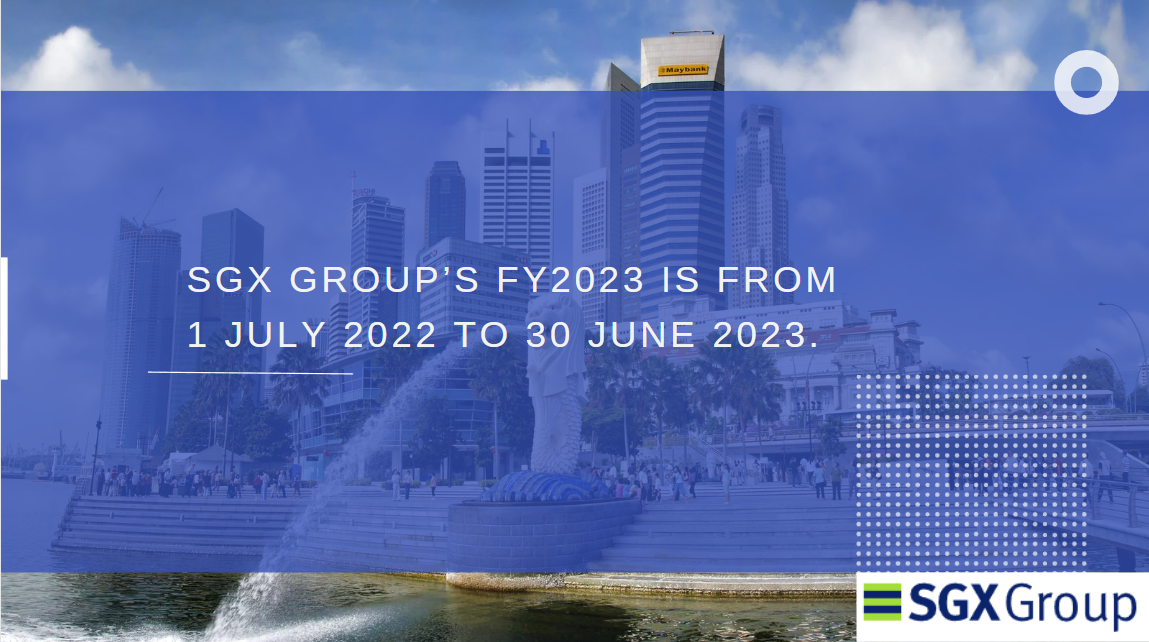Singapore Governance and Transparency Forum 2023 - Launch of the Singapore Governance and Transparency Index 2023
Mr Cheung Pui Yuen, Divisional President – Singapore, CPA Australia
Professor Lawrence Loh, Director, Centre for Governance and Sustainability, NUS Business School
Ms Wong Su-Yen, Chairperson, Singapore Institute of Directors
Ladies and gentlemen, good morning.
Thank you for the kind invitation for me to speak today.
Earlier this year, I tuned in to watch some grand slam tennis, the French Open on television. Even though it was the latter stage of the tournament where the stakes were high and one would expect, more exciting, the players were unknown – or at least unknown to me. And I couldn't help but notice that there were quite a number of empty seats. Nobody disputes the branding or prestige of the French Open. And the organisers, with the benefit of years of experience, do whatever is necessary to ensure that the event is well-run. But if the players are not well-known, the spectators will not turn up.
I raise this because there are parallels with our market. The organisers of the French Open set it up for success by establishing ground rules, and seeding players to promote more exciting match-ups. In the same vein, SGX and SGX RegCo do all we can to ensure that the market is fair, orderly and transparent. And we do our best to raise the branding, not just of the market itself, but also of the companies listed here. We know that participants will only come to our market, if the companies are attractive to potential investors and traders. Let me describe 3 ways in which we try to achieve this.
First, Admission Process. The French Open has rules on how entry invitations into the Main Draw and even the Qualifiers are awarded, to ensure and maintain quality. RegCo similarly has rules, which are designed to ensure that the companies that do list are companies that people would want to invest in. These include requirements on profitability and market capitalisation, as well as other rules designed to ensure good governance and internal controls. We have also worked with the Association of Banks in Singapore to raise standards of due diligence conducted on companies planning to list on the Exchange.
As with all rules, there should be room for discretion and flexibility, to allow for innovation and development. In the French Open and other major tournaments, this comes in the form of a small number of “wildcard” slots. These are often given to promising young players, in the expectation that they will add value to the tournament. We have built similar “flexibilities” into our Rules. One recent example is the introduction of Special Purpose Acquisition Companies or SPACs. But such flexibility must be exercised and utilised judiciously. When we assess SPACs for listing, we take into account factors such as the track record and experience of the sponsors. So, only quality sponsors can list SPACs on our market. We also have rules that align the interest of the sponsors with shareholders, so the sponsors are incentivised to identify and vet high-quality targets to list. We hope, through this mechanism, to facilitate the listing of pioneering companies on our exchange that add value to our market.
Second, Evolving our Rules. Earlier this year, we made changes to the 9-year rule for independent directors. When the rule was first introduced, there was some flexibility for companies to retain quality IDs. But over time, we observed that this flexibility was being used liberally rather than sparingly. So we hard coded the 9-year rule. Some have loudly lamented these changes. But quietly, many others have heaved a sigh of relief and said to me that this is a good development. That it will help bring renewal to our market.
In this regard, I want to emphasise that the changes to the rules on independent directors, and our earlier reforms requiring companies to put in place a board diversity policy should always be read together. Both sets of rules are designed to work in tandem to encourage companies to renew and refresh their boards to ensure that they have the necessary “skills, talents, experience and diversity”. Just like how new coaches can often revitalise the careers of tennis players, we believe that the infusion of new blood can help companies update themselves, improve their performance and branding, and become more attractive to investors. If, however, we simply end up playing musical chairs, with the existing crop of directors swapping positions across companies, I think it’s unlikely that corporates will achieve that objective.
The last point I want to make here on the 9-year rule is that the rule imposes a 9-year limit for independent directors. It does not guarantee them a 9-year term. Just as tennis players work hard to maintain their rankings to continue to qualify for the next tournament, directors should make sure that they earn their seats and continue to add value to their companies. Nominating Committees should conduct evaluation of directors' performance every year to make sure they still bring benefit to companies. I note that just last week, DPM Lawrence Wong announced the Singapore Institute of Directors’ new accreditation framework for directors to help uplift the directorship profession. And I would like to suggest that the Centre for Governance and Sustainability also consider incorporating this into the SGTI scoring framework, so that companies and directors that make the effort to upskill themselves receive appropriate recognition.
In this respect, we can a draw a parallel to more tennis news, this time the Wimbledon tennis tournament. As most of you are probably aware, 21-year-old Carlos Alcaraz beat the veteran Novak Djokovic for the men's singles title on 16 July. What is less well-known is that viewership on BBC's various platforms for the whole tournament was record-breaking. And I think the emergence of fresh blood, like Alcaraz, may have had something to do with it. Similarly, I believe the entry of new directors with new ideas may make our companies more attractive in terms of business growth and investor interest.
Third, Using Technology. Since 2006, most Grand Slam tournaments have introduced the use of Hawk-Eye technology, to improve line calls and the quality of adjudication. The same technology also underpins the VAR (Video Assistant Referee) systems which are becoming commonplace in football. While these systems may be more accurate than human judges, their use has not been without controversy. Every tennis player wants a smooth flowing game, not one where line calls are repeatedly challenged and the game interrupted. In our context, public queries issued by us to companies function much like such challenges. And we ARE cognisant that these can have a chilling effect on trading in the market. Hence, we have introduced technology such as artificial intelligence and other RegTech solutions to reduce the rate of false positives. The outcome is that the queries that we DO issue are fewer. And they are of higher quality. Our regulatory resources are also freed up to focus on higher risk areas.
We are also doing more behind the scenes to actively engage our companies on our expectations, and how they can make appropriate and timely disclosures. As companies become more adept at producing clear, current and comprehensive disclosures, we believe the number of disclosure-related queries will decline further. The result will be that the market will function more smoothly, queries from the regulator will become fewer and disclosures will become higher quality. This is a work in progress. But I would like to note that in the past year, we've already seen an encouraging decrease in the number of queries that we've had to pose to our listed companies.
Conclusion
An attractive capital market isn't just about the exchange. The individual companies, their branding, these are just as important if not more important. In today's uncertain and challenging world, the link between governance and branding is stronger than ever This is where I wish also to commend Prof Lawrence Loh and the Centre for Governance and Sustainability for their dedication over the years to scoring these metrics for our listed companies. The Singapore Governance and Transparency Index (“SGTI”) is an important barometer of the overall market. The scores – both individually and collectively – are a useful signal of how our companies are doing and contribute to their branding. I'll leave it to Prof Loh and his team to elaborate, but I understand that the results for this year's study show further improvement across the board, which is certainly heartening news.
In the same way the ATP ranking is important for a player's brand, the SGTI is also crucial for how companies are viewed, their brand positioning, indeed their long-term sustainability.
On this note, thank you very much for your attention.























































First, please LoginComment After ~